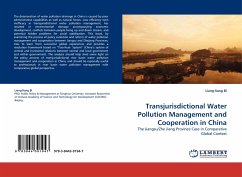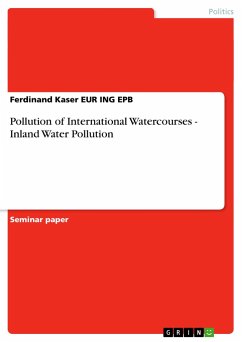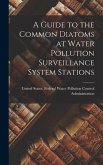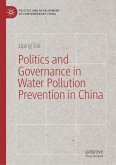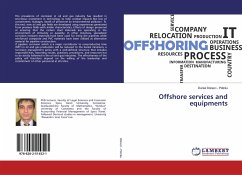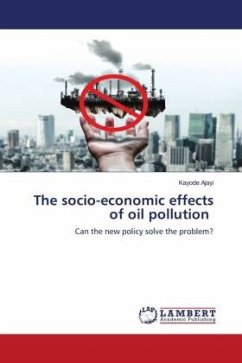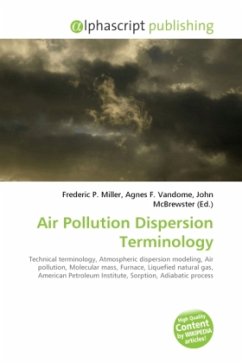The deterioration of water pollution drainage in China is caused by poor administrative capabilities as well as natural forces. Low efficiency even inefficacy in transjurisdictional water pollution management, has resulted in environmental damage accompanying economic development, conflicts between people living up and down stream, and potential hidden problems for social stabilization. This book, by examining the process of policy evolution and reform of water pollution management and cooperation between Jiangsu and Zhejiang Provinces, tries to learn from successful global experiences and provides a resolution framework based on Tiao-Kuai- System (China's system of vertical and horizontal relations between central and local government and within government). The analysis should help shed some light on the policy process of transjurisdictional river basin water pollution management and cooperation in China, and should be especially useful to professionals in river basin water pollution management with comparative global perspective.
Bitte wählen Sie Ihr Anliegen aus.
Rechnungen
Retourenschein anfordern
Bestellstatus
Storno

